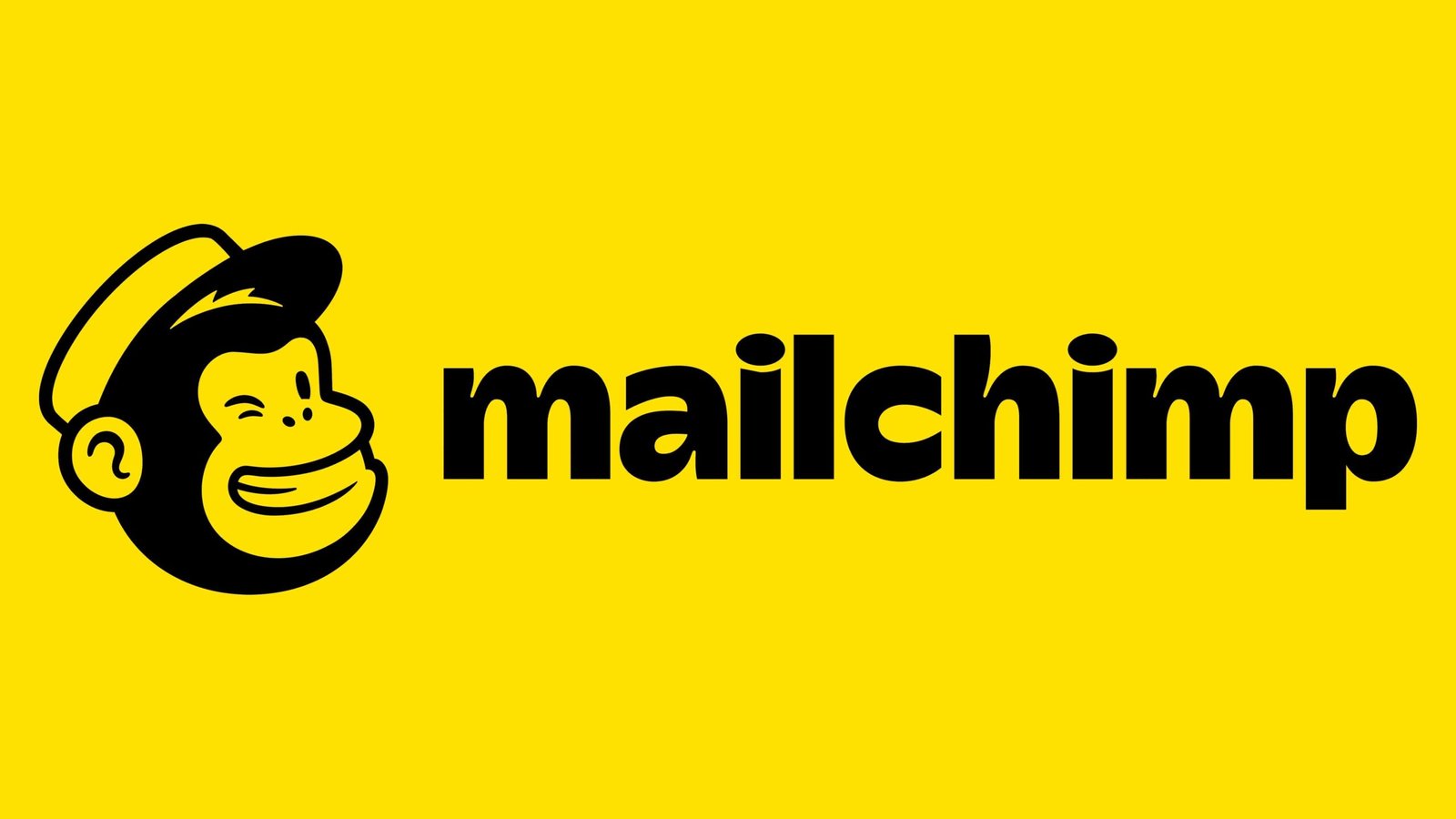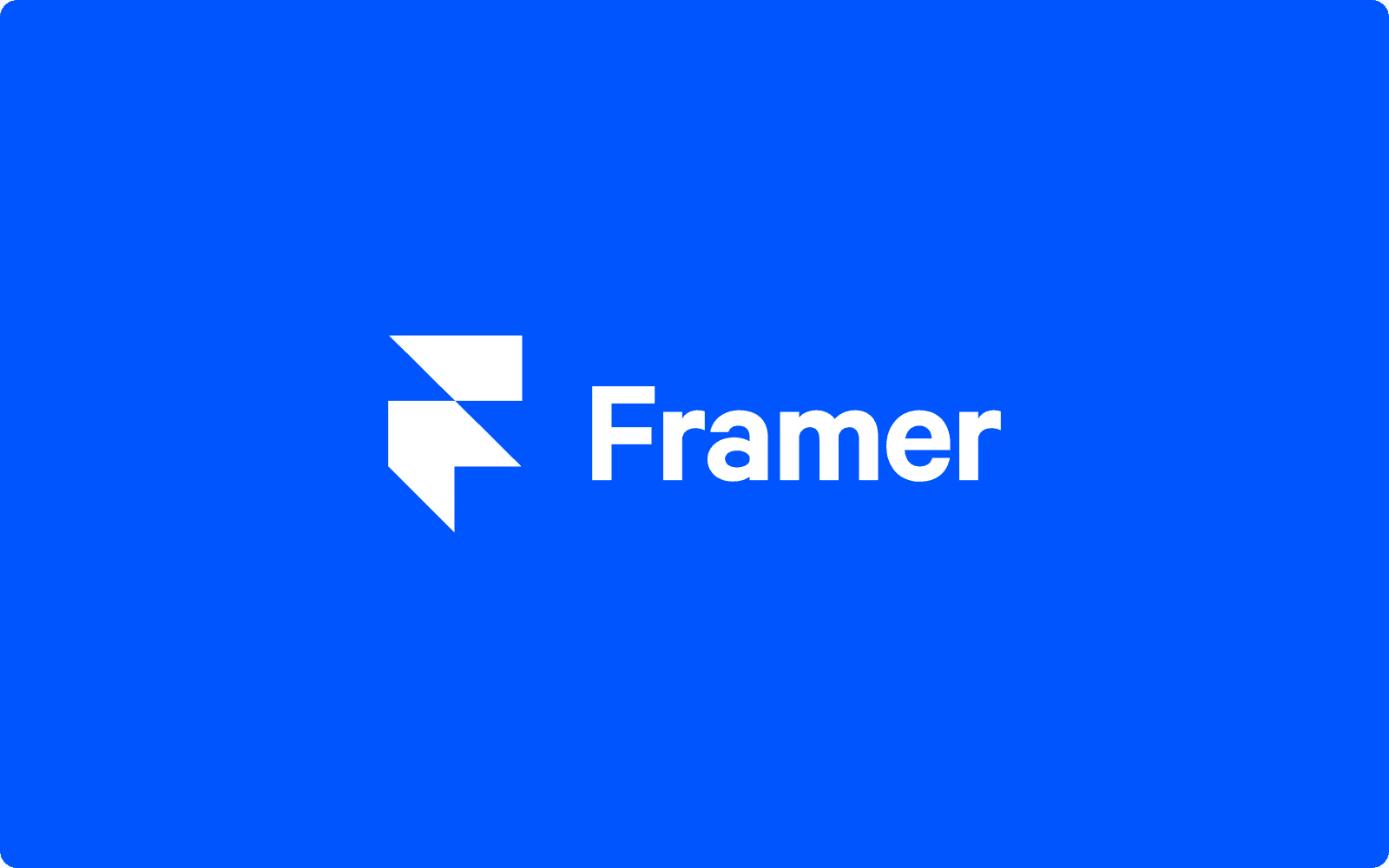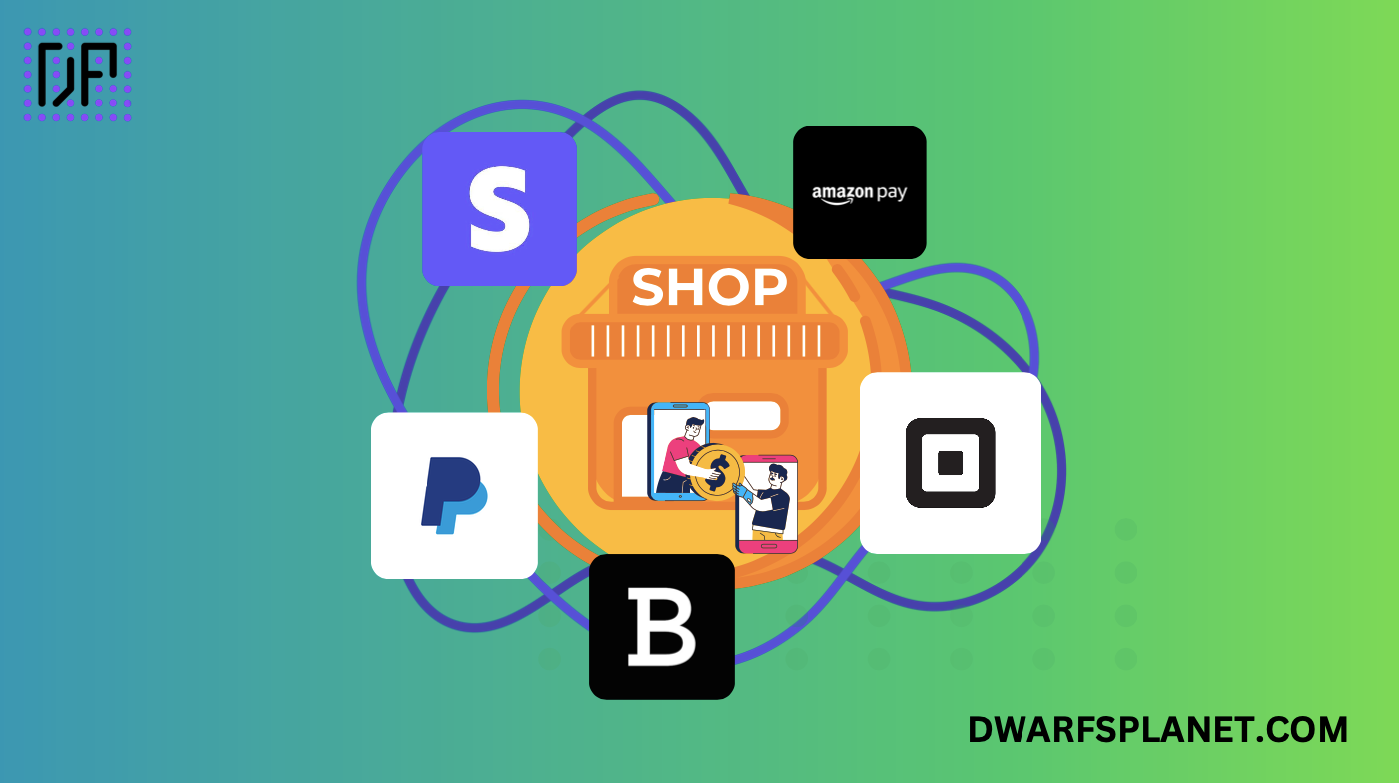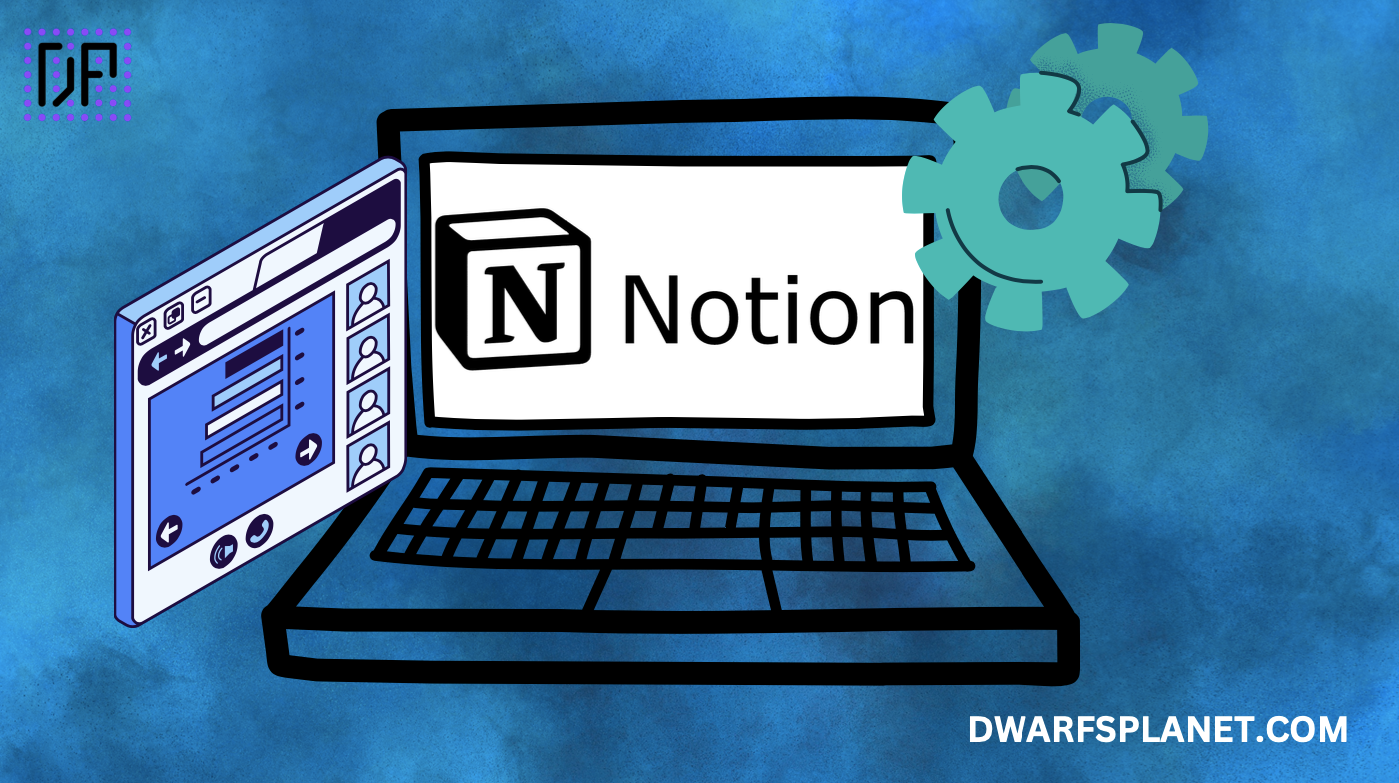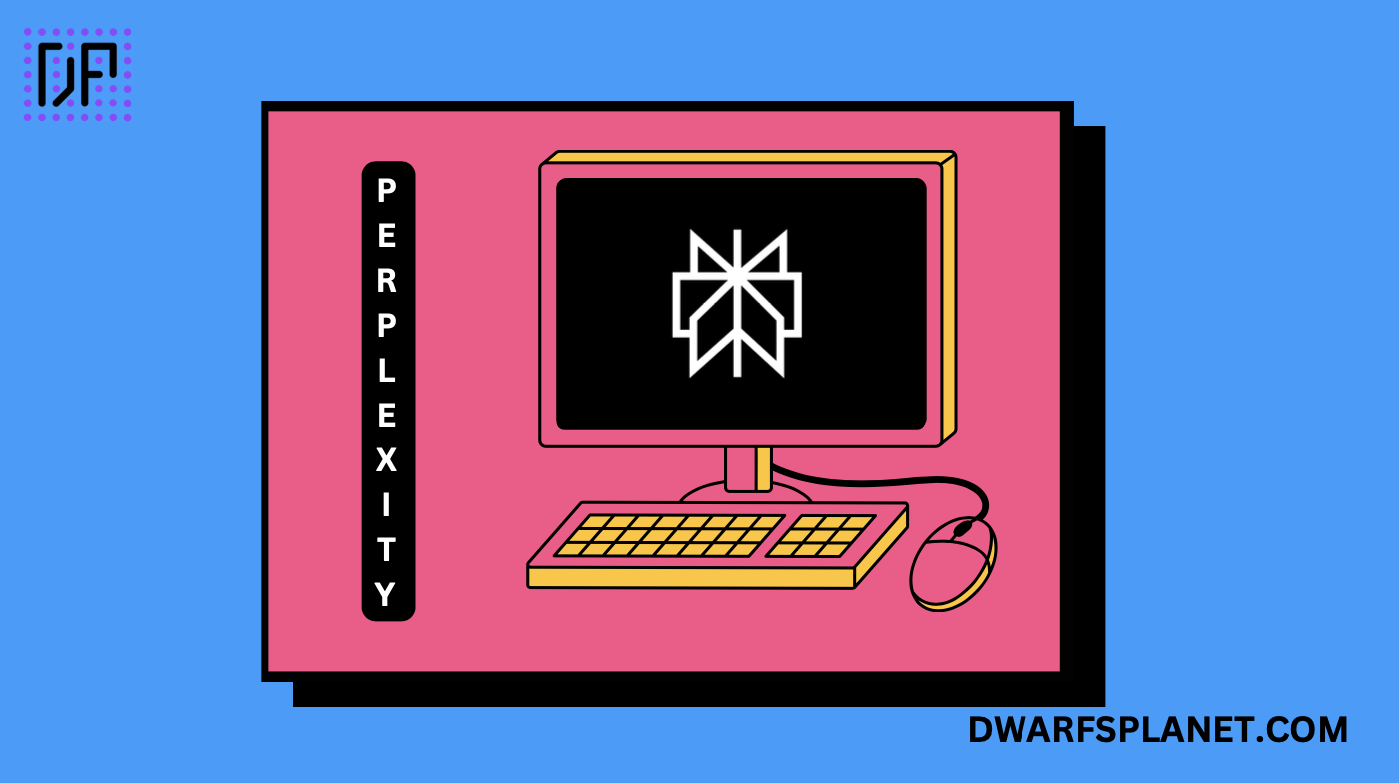Toolkit for developing and comparing reinforcement learning algorithms.
OpenAI Gym is an open-source toolkit developed by OpenAI for developing, training, and comparing reinforcement learning (RL) algorithms. It provides a standardized environment and a wide range of benchmark tasks that researchers and developers can use to test and evaluate their RL algorithms. OpenAI Gym supports various types of environments, including classic control problems, robotics simulations, Atari games, and custom environments, making it a valuable resource for anyone interested in reinforcement learning. It is widely used in both academic research and industry for creating, testing, and sharing RL models.
Key Features:
- Standardized Environment Interface: Provides a unified interface for interacting with a wide variety of environments, allowing developers to write algorithms that can be easily tested across different tasks.
- Diverse Set of Environments: Includes a comprehensive collection of built-in environments ranging from simple problems (like the CartPole and MountainCar) to complex robotics simulations (using MuJoCo or PyBullet) and Atari 2600 games, offering diverse challenges for reinforcement learning.
- Extensibility: Allows users to create custom environments to fit specific needs, facilitating experimentation with new RL problems and novel applications.
- Python-Based API: Provides a simple and easy-to-use Python API that integrates well with popular machine learning libraries like TensorFlow, PyTorch, and Keras, enabling seamless development and experimentation.
- Support for Multiple RL Algorithms: Compatible with various reinforcement learning algorithms, such as Deep Q-Learning (DQN), Proximal Policy Optimization (PPO), Actor-Critic methods, and many more, supporting a wide range of research and development.
- Integration with MuJoCo, PyBullet, and Other Simulators: Supports integration with popular physics engines and simulators (such as MuJoCo, PyBullet, and Unity) for more realistic environments and complex robotic control tasks.
- Leaderboard and Benchmarks: Offers a platform for benchmarking and comparing RL algorithms against a variety of standard environments, providing metrics for performance comparison and progress tracking.
- Active Community and Open Source: Supported by a large community of researchers and developers, with continuous contributions of new environments, algorithms, and tools.
Benefits:
- Facilitates RL Research and Development: Provides a standard, unified interface and a collection of benchmark environments, helping researchers and developers focus on designing and testing new RL algorithms.
- Accelerates Algorithm Training and Evaluation: Enables quick prototyping and evaluation of RL algorithms by providing ready-made environments and standard metrics for comparison.
- Promotes Reproducibility and Sharing: Supports the reproducibility of experiments and results, making it easier for researchers to share their findings and collaborate within the community.
- Encourages Experimentation and Innovation: Allows users to create custom environments and test new RL algorithms in diverse and novel settings, promoting innovation in the field of reinforcement learning.
- Open and Accessible to All: Completely free and open-source, making it accessible to anyone interested in reinforcement learning, from beginners to advanced researchers.
Strong Suit: OpenAI Gym’s strongest suit is its role as a standardized toolkit for developing, testing, and benchmarking reinforcement learning algorithms, providing a wide range of environments and a unified interface that supports a broad spectrum of RL research.
Pricing:
- Free: OpenAI Gym is open-source and free to use under the MIT License.
Considerations:
- Limited to Reinforcement Learning: Focuses primarily on reinforcement learning and does not provide tools for other machine learning paradigms (such as supervised or unsupervised learning).
- Dependency on External Simulators: Some environments (like those using MuJoCo) require separate installation and licensing, which may add complexity and cost for certain users.
- No Built-In Support for Distributed Training: Does not natively provide tools for distributed training or large-scale experiments, which may be necessary for training complex models or using large-scale resources.
Open-source computer vision library for robotics.
Toolbox for MATLAB for robotics algorithms.
3D modeling and simulation tool for electronics and robotics.
Summary: OpenAI Gym is a powerful open-source toolkit for developing, testing, and comparing reinforcement learning algorithms. It provides a unified interface and a broad set of benchmark environments, ranging from simple control tasks to complex robotic simulations and games. With its extensibility, Python-based API, and integration with popular machine learning frameworks, OpenAI Gym facilitates rapid experimentation and evaluation of RL algorithms. While it is focused on reinforcement learning and relies on external simulators for some environments, its free availability, active community support, and standardization make it an essential tool for researchers, educators, and developers in the field of AI and machine learning.
 Skip to content
Skip to content 




